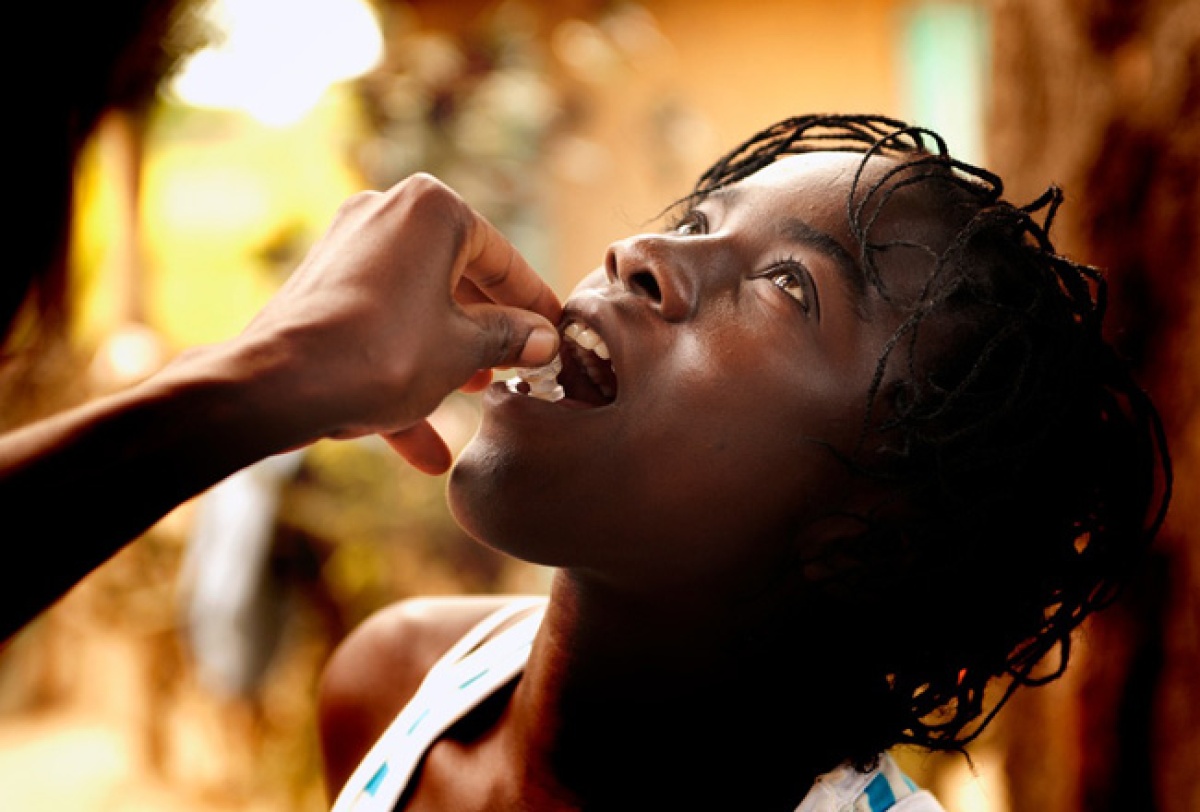New York Times Op-Ed: A Chance to Right a Wrong in Haiti
Posted on Feb 22, 2013

Published February 22, 2013, in The New York Times:
A Chance to Right a Wrong in Haiti
by Louise C. Ivers
On Thursday, the United Nations secretary general, Ban Ki-moon, rejected a legal claim for compensation filed in 2011 on behalf of cholera victims in Haiti. Through a spokesperson, Mr. Ban said the claims, brought by a nongovernmental organization, were “not receivable” because of the United Nations’ diplomatic immunity.
Regardless of the merits of this argument, the United Nations has a moral, if not legal, obligation to help solve a crisis it inadvertently helped start. The evidence shows that the United Nations was largely, though not wholly, responsible for an outbreak of cholera that has subsequently killed some 8,000 Haitians and sickened 646,000 more since October 2010. The United Nations has not acknowledged its culpability.
Now, as the cholera epidemic appears to worsen, Mr. Ban and the United Nations have an opportunity to save thousands of lives, restore good will — and, yes, fulfill the mandate that brought the organization to Haiti in the first place: stabilizing a fragile country. The United Nations should immediately increase its financial support for the Haitian government’s efforts to control the epidemic. While that may not satisfy everyone, it will go at least some way toward compensating the people of Haiti for the unintentional introduction of the bacteria that caused the epidemic.
Before October 2010, cholera — a diarrheal illness caused by consuming water or food contaminated with the bacterium Vibrio cholerae — had never been reported in the country. In the epidemic’s first year, the striking loss of life attracted international media attention. Even in its third year, the outbreak continues to sicken thousands.
There were 11,220 cases nationwide during the month of December — significantly more than the 8,205 cases seen during December 2011. Our clinic in St. Marc treated more people with the infection last month than in the previous eight months combined.
That soldiers at the United Nations camp were responsible for introducing the bacteria seems apparent. After local and national protests and an Associated Press investigation, Mr. Ban empaneled a group of international experts to determine the disease’s source. Their report stated that evidence “overwhelmingly supports the conclusion that the source of the Haiti cholera outbreak was due to contamination of the Meye Tributary of the Artibonite River with a pathogenic strain of current South Asian type Vibrio cholerae as a result of human activity.” The strain was not indigenous to Haiti.
The report also found that sanitation conditions at the United Nations camp were not sufficient to prevent contamination of the local waterway with human waste. Investigators found that the potential existed for feces to enter the tributary from a drainage canal in the camp and from the open septic disposal pit that was used to handle the waste.
A research study published in January 2011 in The New England Journal of Medicine lent further support to the claim that the cholera came from the United Nations camp, as did an August 2011 study in another scholarly journal.
The interplay of biosocial factors inherently involved in epidemics make it difficult to pinpoint causality. If Haitians had better access to clean water and sanitation, of course, the cholera epidemic would have had a smaller impact and thousands of deaths might have been averted. (By comparison, there were few, if any, deaths from cholera in countries with effective water and sanitation systems where the organism appeared as part of this same epidemic — including the United States.)
But all of this is background to the urgent matter at hand. The United Nations recently started a 10-year initiative to eliminate cholera in Haiti and the Dominican Republic, based on a plan that was developed with multiple partners, including the governments of both countries. It is a collaborative and comprehensive approach that aims to eliminate transmission of the disease with substantial investments in water and sanitation infrastructure, as well as through prevention and treatment.
On Feb. 27, Haiti’s minister of health will introduce one important component of this plan — an initiative to expand access to cholera vaccination.
If the United Nations were to finance this initiative, along with the rest of the government’s anti-cholera program, it could have a significant and immediate impact on stemming this epidemic. As of now, however, the United Nations plans to contribute just 1 percent of the cost. That is not enough.
Meanwhile, the organization’s stabilization mission in Haiti is budgeted for $648 million this year — a sum that could more than finance the entire cholera elimination initiative for two years.
It’s time for the United Nations to rethink what true stabilization could be: preventing people from dying of a grueling, painful — and wholly preventable — disease is a good start.
Louise C. Ivers, a senior health and policy adviser at Partners In Health and associate professor at Harvard Medical School, has been leading cholera treatment and prevention activities in Haiti.

